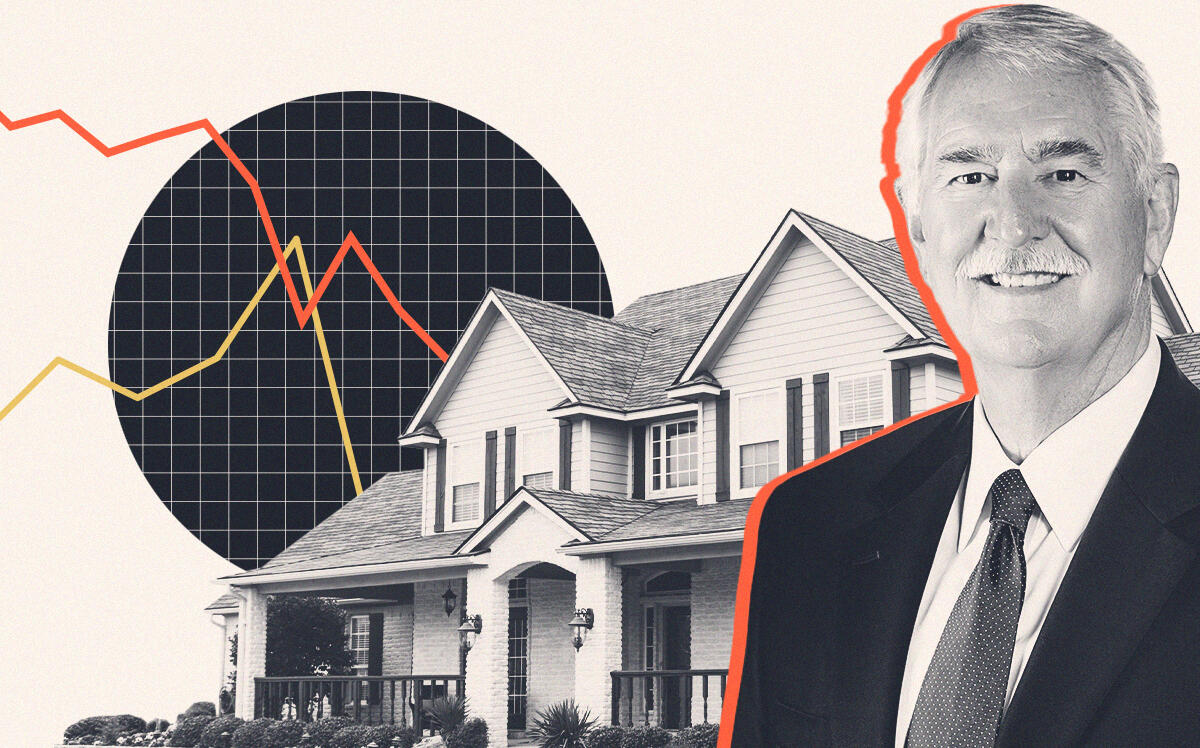Single-family home sales in the Dallas/Fort Worth metroplex are hitting old lows.
The metro saw 5,791 single-family home sales in November, a 30 percent drop from November 2021. It marked the sharpest decline since immediately after the Great Recession, the Dallas Morning News reports, citing data from MetroTex.
The relative decline of sale prices isn’t far behind. The median price of a single-family home dropped almost 9 percent from a record $435,000, in May and June, to $396,500 in November. This downturn is fairly slow, considering that three years ago, the median price was about $280,000. In November 2021, the median sale price was 10 percent higher than it was the year before.
North Texas home prices are appreciating at a slower pace but still increasing by double digits in the long run, the data show.
Read more


The declines point to a market stabilizing from the record-breaking figures seen a year ago, said Jim Gaines, an economist for the Texas Real Estate Research Center.
“It’s beginning to go back to what a normal market might look like,” he said. “It’s not there yet.”
The pendulum has swung in favor of the buyers, as the share of first-time homebuyers in the U.S. is at an all-time low due to the higher mortgage rates and home prices. Homes are taking an average of 44 days on the market to sell, the longest since June 2020. Some sellers have lowered list prices and made more compromises in contracts to get deals done.
Meanwhile, lenders have upped their underwriting standards and are making it tougher to get loans, Gaines says.
“They’re concerned about a recession and people losing their jobs,” he said. “Now, that hasn’t happened and we don’t expect it to happen to any great extent, but nevertheless, lenders don’t think that way. They get nervous.”
— Maddy Sperling




